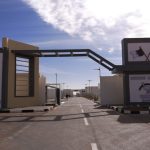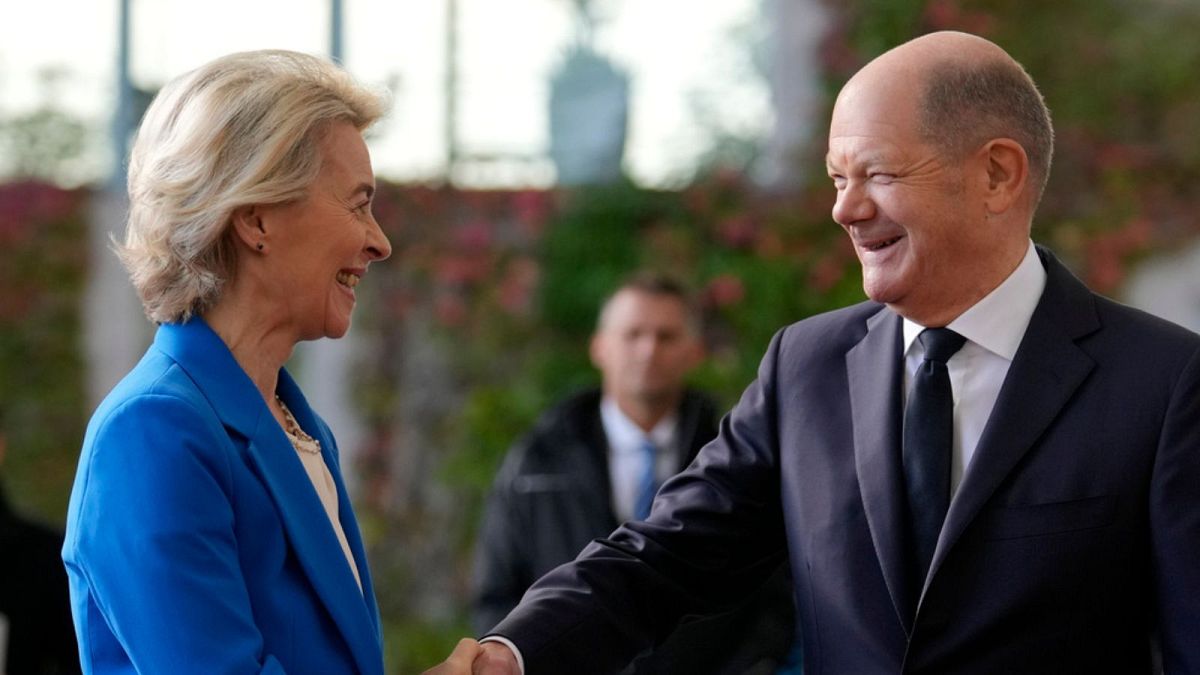The Berlin Process summit was held in Germany recently, with the aim of bringing the six West Balkan states closer to EU membership. German Chancellor Olaf Scholz and EU Commission President Ursula Von der Leyen welcomed representatives from Serbia, Kosovo, Montenegro, Bosnia & Herzegovina, Albania, and North Macedonia. The summit saw the signing of five agreements, with the lifting of export restrictions from Serbia to Kosovo being a major step forward. Scholz emphasized the importance of cooperation among the states, urging them to support each other as they work towards meeting the necessary conditions for EU membership.
Montenegro is seen as a promising candidate for EU integration, with expectations to meet all requirements by 2028. However, Scholz expressed hope that the entire process could be completed before 2030. The German leader also called for improved relations between Serbia and Kosovo, highlighting the importance of resolving disputes and fostering collaboration. The accession process for Croatia, the last country to join the EU in 2013, serves as a reminder of the challenges and complexities involved in the integration process.
The summit marked a significant milestone in the West Balkan states’ journey towards EU membership, with the signing of agreements aimed at bringing them closer to achieving this goal. The lifting of export restrictions between Serbia and Kosovo signals progress in resolving longstanding issues and improving bilateral relations. Scholz’s emphasis on the need for cooperation and support among the states underscores the importance of unity and solidarity in the accession process.
As Montenegro emerges as a frontrunner in the EU integration process, with expectations to meet all requirements by 2028, the region faces a critical juncture in its path towards European integration. Scholz’s hopeful outlook for completing the accession process before 2030 reflects a sense of optimism and determination to overcome existing challenges. The call for improved relations between Serbia and Kosovo highlights the need for reconciliation and diplomacy in addressing long-standing conflicts and fostering stability in the region.
The Berlin Process summit serves as a platform for the West Balkan states to reaffirm their commitment to EU membership and showcase their progress towards meeting the necessary requirements for accession. The agreements signed during the summit represent a step towards closer integration with the EU and demonstrate a shared commitment to advancing the region’s European perspective. With Croatia’s recent accession to the EU in 2013 and ongoing developments in neighboring countries, the West Balkan states are presented with an opportunity to strengthen their ties with the EU and enhance their prospects for future membership.
In conclusion, the Berlin Process summit in Germany marked a significant milestone in the West Balkan states’ journey towards EU membership. The signing of agreements and lifting of export restrictions signal progress in addressing longstanding issues and fostering cooperation among the states. Montenegro’s promising trajectory towards EU integration, along with Scholz’s optimistic outlook for completing the accession process before 2030, reflects a sense of determination and momentum in the region’s path towards European integration. As the West Balkan states navigate the challenges and opportunities ahead, the summit underscores the importance of unity, cooperation, and diplomacy in advancing their European perspective and enhancing their prospects for EU membership.











